Coir Specifications | |
| Colour | White | Brown | Yellow |
| Fiber Length | 2cm to 25cm |
| Moisture Content | 5% - 20% |
| Impurities | 2% - 10% |
| Packaging | Available in Bags, Bales or as per your Request | Catalogue |
Coco Fiber
Coco Coir
Coco Fiber, also known as Coco Coir, is a natural fiber extracted from the husk of coconuts. Not only is it long-lasting and moisture-resistant, but it is also widely used in various industries, including agriculture, construction, and household products.
Moreover, Coconut Fiber is a byproduct of the coconut industry, made from the fibrous material found between the outer shell and the inner fruit of coconuts. In addition, it is processed into various forms, such as coir fiber, coir pith, and coir chips, each with unique properties that make them ideal for different applications.
Types of
Coco Fiber
- Brown Coir: Made from mature coconuts, it is thick, strong, and ideal for making brushes, mats, and ropes. It contains more lignin, making it resistant to wear and tear.
- White Coir: Harvested from unripe coconuts, it is finer, smoother, and primarily used for making yarn and rope.

Why Choose
Coco Fiber
100% Natural
Sustainable & ecofriendly alternative to synthetic fibers, offering durability, biodegradability and versatility for various applications.
Highly Durable
Made to withstand moisture, saltwater & microbial damage, ensuring long lasting performance in any environmental conditions.
Sustainable Resource
A natural byproduct of coconut farming, minimizing waste and supporting eco-friendly, zero-waste production practices.
Industry Application
Used in agriculture, erosion control, automotive upholstery, mattress stuffing, and filtration systems.
Natural Coir Fiber Specification
Coconut Coir is available in different forms to suit various needs. We provide Coir Products as per Requirements from Your side.
Coconut Husk Coir
Applications
Mattress & Upholstery
Provides natural breathability, resilience, and durability, ensuring long-lasting comfort and support in mattresses, cushions, and furniture.
Rope/brush Manufacturing
Strong, flexible, and highly durable, coir fiber is ideal for making sturdy ropes, brushes, brooms, and mats that withstand wear and tear.
Horticulture & Agriculture
Improve soil aeration & water retention, and promotes healthy plant growth, making it an eco-friendly alternative to synthetic grow mediums.
Erosion landscape Control
Biodegradable and eco-friendly, coir fiber stabilizes soil, prevents erosion, and supports sustainable land restoration & landscaping projects.
Other Products

Cocopeat Briquettes
Small compressed cocopeat blocks for gardening and nurseries.
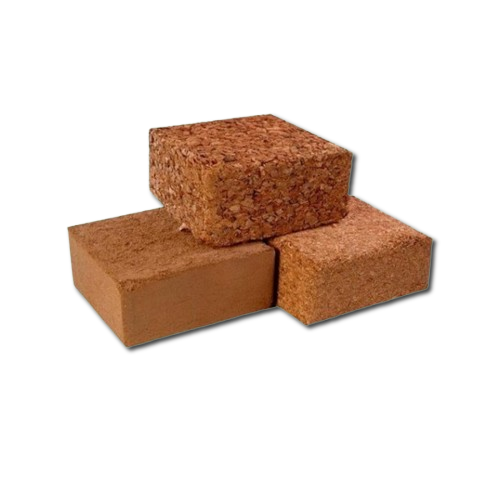
Husk Chip Block
Compressed blocks of husk chips used for mulching and plant growth.

Coconut
Coconuts with the husk removed, mainly used for oil extraction and food processing.
Cocopeat fiber Images

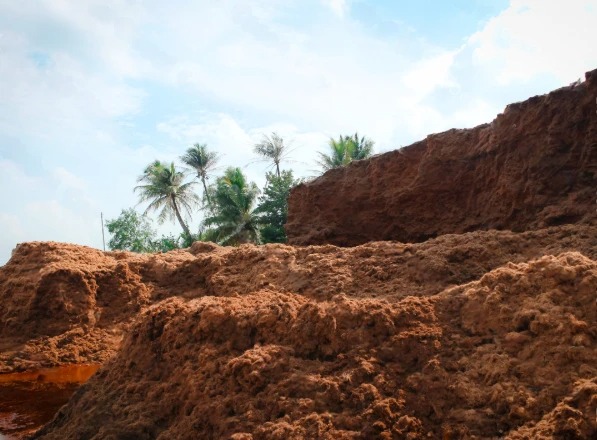
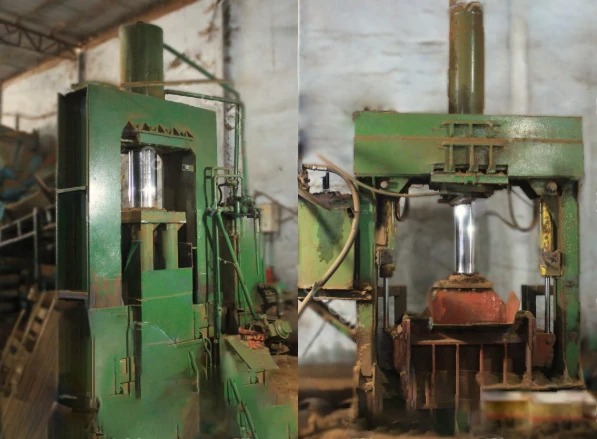
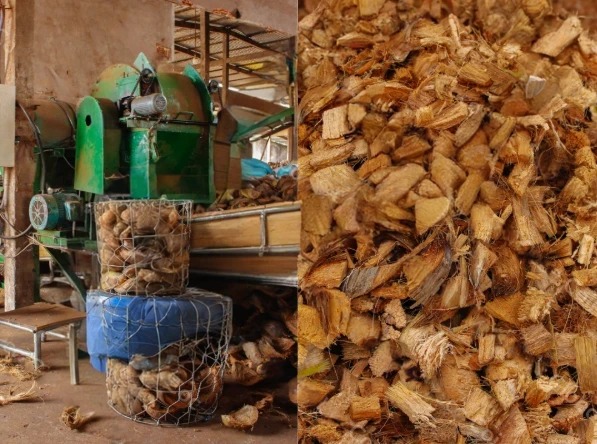
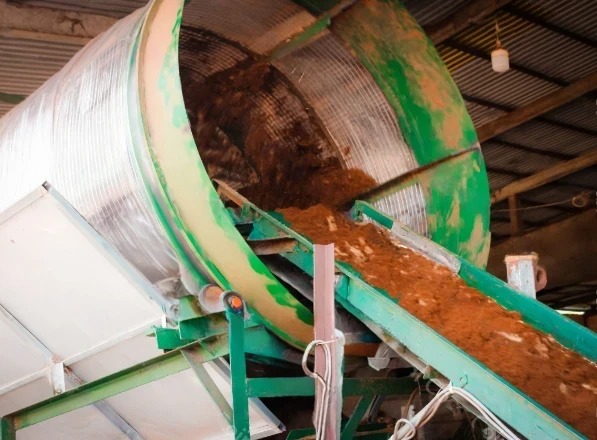
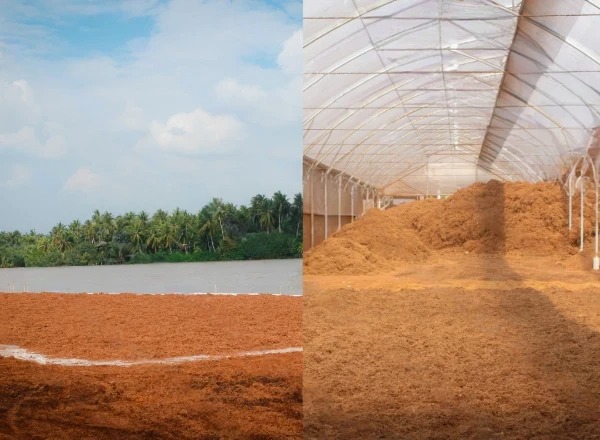
Coco Coir Fiber FAQ
What is coco fiber, and how is it used?
Coco-fiber, also known as Organic Coconut Fiber / Coir fiber, is extracted from coconut husks and is widely used in making ropes, mats, brushes, upholstery, and eco-friendly products.
Why is China the leading importer of coco coir fiber?
China imports large quantities of coir fiber for manufacturing mattresses, brushes, geotextiles, and other industrial applications. Its strong manufacturing base and demand for natural fibers drive high imports.
Which countries produce the most coconut fiber?
Major producers of coconut fiber include India, Sri Lanka, Indonesia, the Philippines, and Vietnam, where coconut cultivation is abundant.
What are the advantages of using coconut coir fiber over synthetic fibers?
Coco Coir fiber is biodegradable, durable, water-resistant, and eco-friendly, making it a sustainable alternative to synthetic fibers in various industries. After extraction from coconut husks, coco fiber is cleaned, dried, and sometimes treated before being spun into ropes, mats, or blended with other materials for industrial use.
What are the different types of cocofiber available?
Coco Natural fiber is classified into brown and white fibers. Brown fiber is coarser and stronger, used for brushes and mats, while white fiber is softer and used for finer ropes and textiles. Yes, coco fiber is 100% natural, renewable, and biodegradable, making it an excellent choice for sustainable products.
Factors affect the price of coco coir in the export market?
Prices depend on demand, production levels, labor costs, processing quality, and international shipping rates. Industries such as agriculture, furniture, textiles, automobile upholstery, and construction use coco fiber for various applications.

